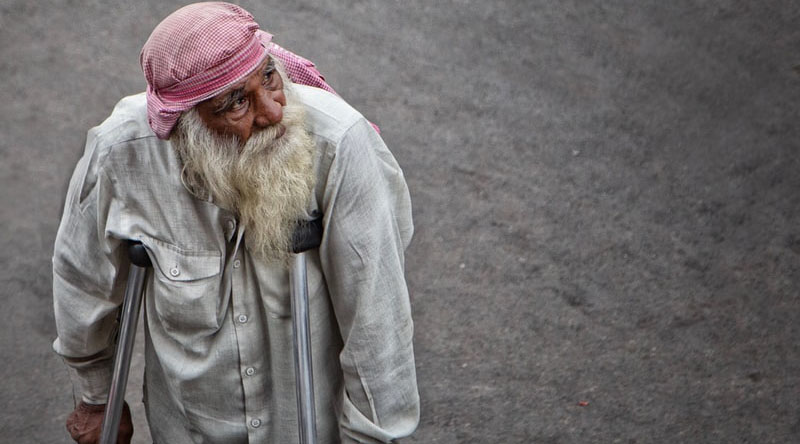Home to 69% of the global population aged 60 years and older, low- and middle-income countries (LMICs) are predicted to bear the heaviest burden when it comes to COVID-19.
In a March 13th press release issued by the University of East Anglia in the UK, Peter Lloyd-Sherlock, a professor of social policy and international development, stated: “The global response to coronavirus must be directed towards those groups who will face the most devastating consequences. So far, this has not happened. We are facing an unprecedented and enormous wave of mortality among older people in these countries.”
According to Lloyd-Sherlock and his colleagues in their editorial in the British Medical Journal, coping with COVID-19 in LMICs is a major challenge due to both underlying societal differences and more obvious issues with healthcare systems.
For one, healthcare systems are less robust in LMICs than in high-income countries in terms of infrastructure, training, and resources. In times of normal operation, many healthcare facilities are short-staffed and affected by migration, low salaries, and poor working conditions. Staff in these facilities may lack expertise in gerontology and thus be ill-equipped to handle the specific needs of the elderly.
Nursing homes in LMICs may specifically tend to the elderly but are known to be unregulated and offer poor living conditions and standards of care to their residents compared to high-income countries. On top of this, these homes are often overcrowded, facilitating the transmission of highly contagious diseases like COVID-19.
Age-based discrimination and reduced autonomy in LMICs prevent many elderly individuals from making their own healthcare decisions or having access to affordable healthcare in the first place, creating yet another barrier to fulfilling their needs. The cost of COVID-19 testing alone, even when factoring in government health spending per head, is beyond the means of many.
Finally, the concept of “social distancing” as a measure to minimize the spread of infectious disease does not take into account reliance on others for support.
This not only includes the delivery of food and other essential supplies but more intimate care such as bathing and dressing, which many elderly individuals require. A large number of older people in LMICs are also illiterate, necessitating an aide or an alternative means of communicating vital information. In the face of quarantine restrictions, dependencies like these must be considered.
The flip side is the dependency of the young on the old, as some elders may assume central caregiving roles in their families. In LMICs, it is normal for grandparents to be tasked with raising children while parents pursue more lucrative work opportunities in distant locations, supporting their families remotely. This arrangement not only prevents grandparents from self-quarantining in the event of contracting COVID-19, but increases the risk of exposure through their grandchildren.
To help address these unique concerns, Lloyd-Sherlock and his colleagues recommend that national and international planning for COVID-19 should include an age perspective as well as an expert group that “can identify and evaluate cost-effective therapies and interventions that respond to the particular needs of older people in LMICs living in challenging settings, where formal health service infrastructure is limited.”

















